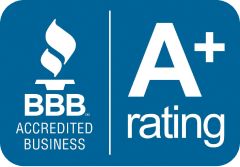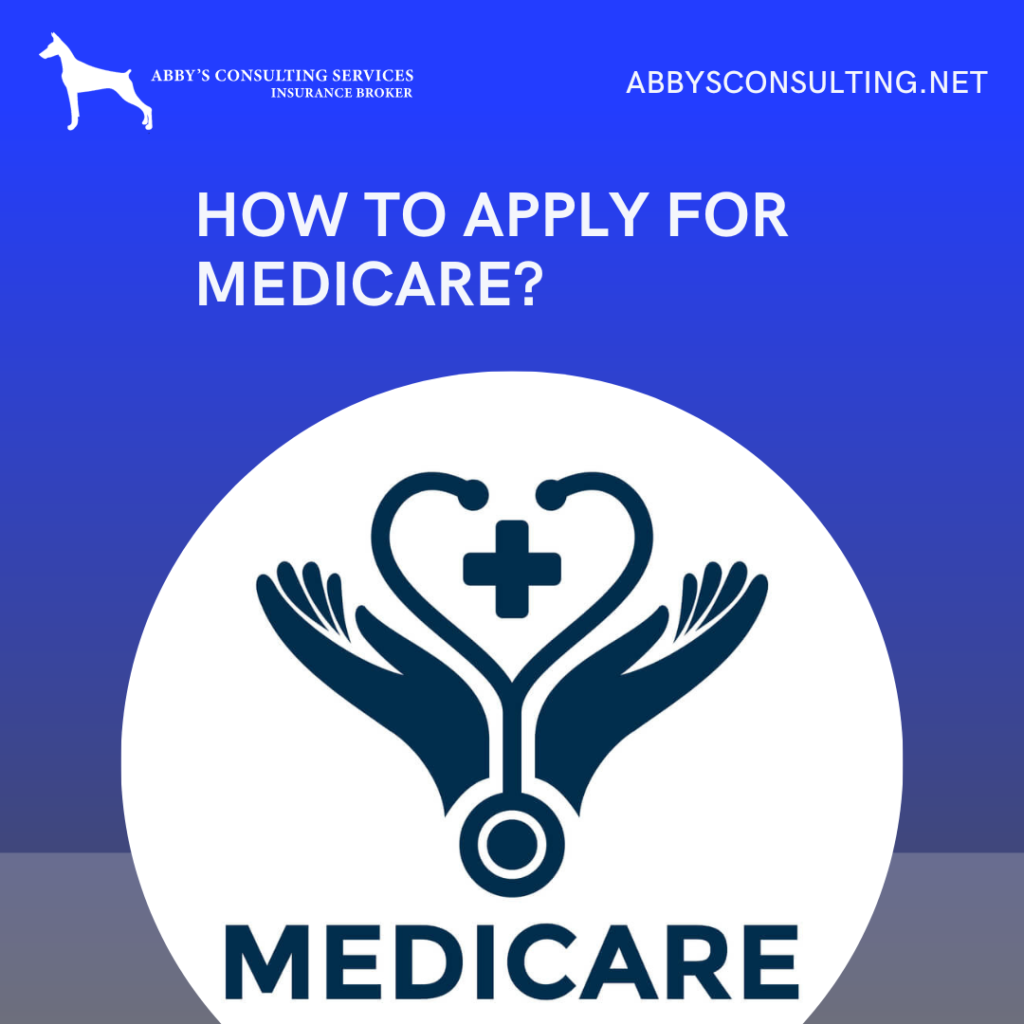Ways To Apply For Medicare
You should start thinking about enrolling in Medicare if your 65th birthday is approaching. You have seven months to sign up. Here are the three application methods:
- Visit SocialSecurity.gov
To reach Social Security, dial 1-800-772-1213 (TTY users, dial 1-800-325-0778) between 7 a.m. and 7 p.m., Monday through Friday.
Visit the Social Security office in your area.
Keep in mind you should have documents like your Social Security card and your birth certificate handy when you apply.
When To Apply For Medicare
You can enrol in Medicare during a seven-month window called the Initial Enrollment Period (IEP):
- Exactly three months prior to the month in which you turn 65
- Month of your 65th birthday
- Your 65th birthday is in three months.
What Documents Do I Need To Apply For Medicare?
It’s possible that you’ll need to prove your eligibility for Medicare when you apply. Social Security and Medicare may already have this data.
To apply for Medicare, you’ll need:
- Documentation of your Social Security Number
- Official copy of your birth certificate
- To enter the United States, you must present documentation proving that you are a citizen or permanent resident of the United States, or, if you were not born in the United States, proof that you
- Your W-2 form (or a copy thereof)
Know The A, B, C, And Ds of Medicare Coverage
Care received in a hospital or at home is covered by Medicare Part A. It’s possible that by the time you turn 65, you won’t feel the need for medical insurance. However, you should have Part A in place in case of an emergency that necessitates hospitalisation.
Part B of Medicare covers outpatient care, diagnostic tests, X-rays, prescription drugs, and some preventative services over the long term. Access to preventative care services is covered by Part B.
A note about Medicare Part A and Part B:
Original Medicare refers to Medicare Parts A and B. Original Medicare includes both Parts A and B, and are provided by a federal agency known as CMS.
Many Medicare Part A and B enrollees discover they need supplemental insurance. Dental, vision, and hearing coverage are just a few examples. Parts C and D of Medicare are intended to cover such costs.
You must sign up for Part C or Part D through a private insurance company. CMS does not offer Medicare Part C or Medicare Part D plans.
In contrast to traditional Medicare, which consists of Parts A and B, and sometimes Part D as well, Medicare Part C (also known as a Medicare Advantage plan) is a comprehensive plan that covers all of your healthcare needs in one convenient package. Part D prescription drug coverage, dental, vision, and hearing aids are typically all included in Medicare Advantage plans. Additional services, like transportation, fitness programmes, and more, may also be provided.
If you keep in mind that the ‘D’ in Medicare Part D refers to “Drugs,” then you’ll have a good grasp of what this coverage entails. If you need to take medication regularly, like for hypertension, then you should enrol in Medicare Part D.
How To Apply For Original Medicare Parts A And B
If you’re getting Social Security benefits at least four months before your 65th birthday, your enrollment in Parts A and B is immediate. Before you turn 65, Social Security will mail you Medicare materials, including a Medicare card.
If you are still working and not receiving Social Security benefits, Medicare applications can be submitted either at a local Social Security office or online. Applying for Social Security benefits can be done quickly and easily in less than 10 minutes through the agency’s secure online application portal.
If you’re still getting health care coverage from your employer or your spouse’s employer, Some of the costs that aren’t covered by your employer’s health plan may be covered by Medicare Part A.
How to Apply For A Medicare Advantage Plan (Part C Or Part D)
You can get extra coverage for things like prescription drugs, dental, vision, and hearing aids that Original Medicare doesn’t pay for by enrolling in a Medicare Advantage plan.
Supplemental services, such as transportation to and from medical appointments, personal home helpers, and memberships to fitness centres, are all available through Medicare Advantage plans.
You can switch from Original Medicare to a Medicare Advantage plan at any time during the year, but the two best times to do so are during the Initial Enrollment Period (the first seven months of your Medicare coverage) and the Annual Enrollment Period (October 15 to December 7). The Special Enrollment Period is an additional time frame during which you can enrol in a Medicare Advantage or Part D plan, regardless of when you first became eligible.








